The news broke like a thunderclap across the diplomatic world: US Secretary of State Marco Rubio declared that all visas issued to South Sudanese passport holders were being immediately revoked. The reason? A bitter dispute over deportations. It was a move meant to send shockwaves through the African nation, which had been reluctant to take back its own citizens expelled from the United States.
Visa Revocations and Port Blocks
Rubio emphasized that not only would existing visas be canceled, but any South Sudanese nationals attempting to enter the US would now face rejection at ports of entry. This drastic decision was framed as a response to what he deemed “the failure of South Sudan’s transitional government to accept the return of its repatriated citizens in a timely manner.” In essence, it was a stern message demanding accountability and responsibility from the young African nation.
Expert voices chimed in on the development, highlighting how this move aligned with President Donald Trump’s stringent immigration policies, especially his focus on cracking down on illegal immigration with the threat of widespread deportations looming large. Rubio minced no words, urging South Sudanese authorities to cease exploiting their relationship with the United States for their benefit. He stressed that every sovereign state must fulfill its duty by promptly receiving its citizens back when another country seeks their removal – even if it means facing repercussions for non-compliance.
A Nation at Crossroads
Amidst these escalating tensions stood South Sudan, teetering on fragile ground as fears mounted about a possible slide back into civil strife. Recent events had underscored this vulnerability; clashes erupted, prompting the US government to repatriate non-essential personnel stationed in the region for safety reasons. Such developments threatened to upend a delicate peace agreement inked in 2018 – an accord hanging by a thread amidst rising hostilities.
South Sudan’s complex narrative unfolded against geopolitical upheavals and internal power struggles that seemed destined to test its nascent independence gained in 2011 after breaking away from Sudan. However, political wrangling between President Salva Kiir and Vice-President Riek Machar quickly escalated into a full-blown conflict just two years later, claiming hundreds of thousands of lives in its wake.
Tenuous Peace and Unfulfilled Promises
The ceasefire brokered in 2018 between rival factions marked a tentative truce but left critical aspects unaddressed – from instituting new governance structures like drafting a constitution and organizing elections to integrating disparate armed groups into an inclusive national military force. These unmet pledges created fault lines threatening stability while fueling sporadic outbreaks of violence along ethnic fault lines within different regions.
As international relationships strained over deportation issues under President Trump’s administration, instances like Colombian President Gustavo Petro defying US deportee flights underscored broader global repercussions stemming from such policies. The specter of sanctions loomed large as nations grappled with managing bilateral relations amidst contentious stances on migration matters.
In this intricate tapestry of diplomatic maneuvering and domestic challenges lay South Sudan – grappling not just with external pressures but also wrestling with internal rifts that could tip an already precarious balance towards renewed turmoil.
This saga reflected more than just visa cancellations; it epitomized intricate power plays shaping global dynamics while underscoring how even seemingly isolated decisions reverberate far beyond borders – impacting lives and futures interconnected in ways both profound and unexpected.


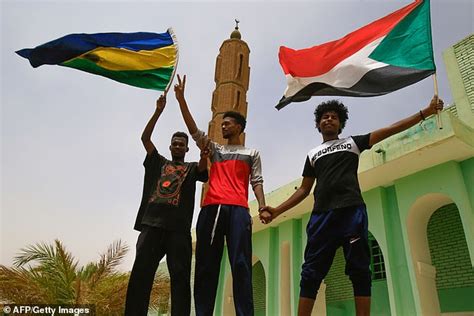
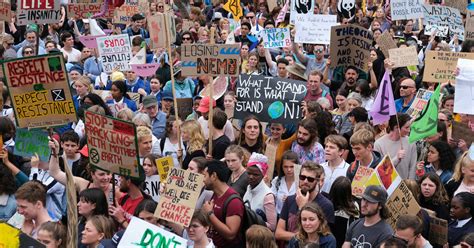
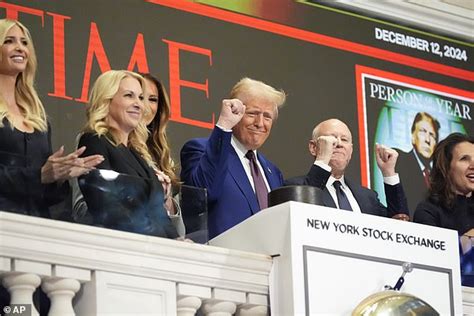

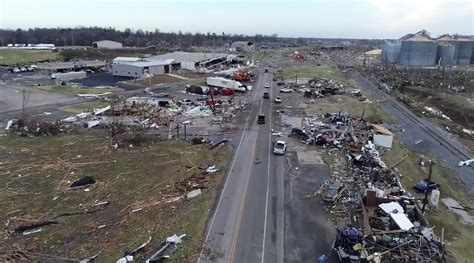
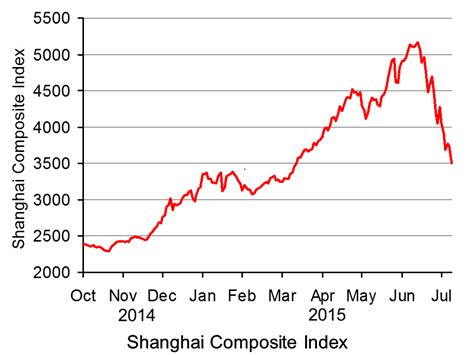

Leave feedback about this